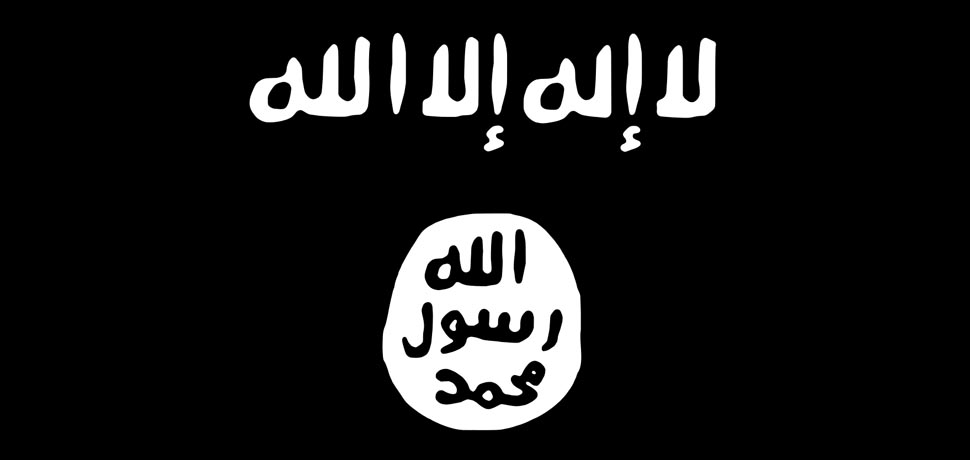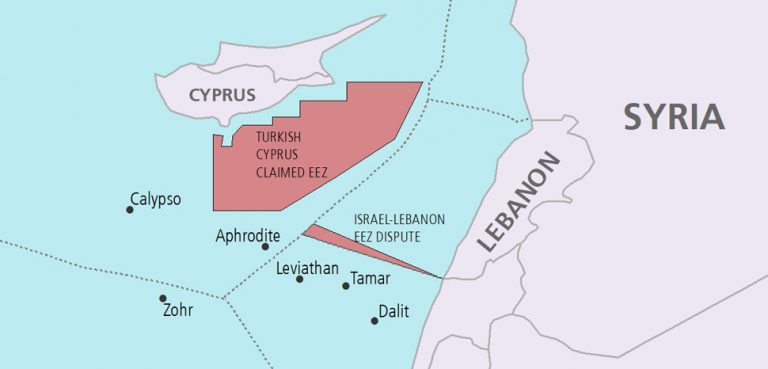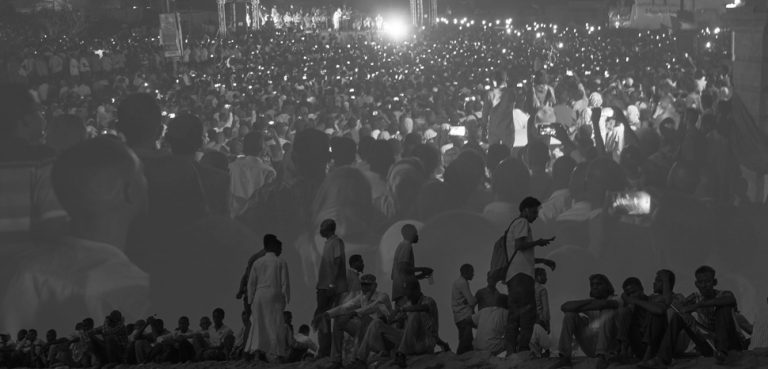Summary
The Middle East and North Africa could see a US-style crisis with prescription medicine emerging after another multi-million dollar bust saw more than 24 million tablets of a synthetic opiate known as Tramadol seized in the Italian container port of Gioia Tauro. The drug is increasingly widespread in Egypt, the Middle East, and West Africa, where its potency, availability, and inexpensiveness are driving its popularity. Alongside the amphetamine Captagon, Tramadol is also a popular drug with Islamic State (ISIS) militants, who use the former to fight for longer without getting tired, and the later to suppress pain and boost resilience. Tramadol can also be used to suppress fatigue when mixed with caffeine. The latest bust follows intercepted shipments in Greece last year and the Italian port of Genoa in May. Tramadol dependency is believed to be reaching crisis levels in parts of Libya and Egypt, prompting the authorities to start cracking down on the drug.
The latest seizure is said to be of pills destined to be sold by ISIS directly to its own members, at about €2 (£1.80) a pill, potentially netting the group almost €50 million. Tramadol is frequently trafficked between India and Libya, because Indian law contains loopholes in the code which regulates its vast pharmaceutical industry. These loopholes make it relatively easy to divert large amounts of prescription medicines to the black market. Unfortunately, with the collapse in law and order across much of the MENA region, the trade in illicit prescription medicine is becoming another form of revenue which insurgent groups and transnational terrorist networks are exploiting in order to raise funds to finance their operations at home and abroad.
Background
The ‘Ndrangheta organization in the Calabria region where the most recent batch of the drugs were discovered is Italy’s strongest mafia syndicate, and it dominates the European cocaine trade thanks to its strong international connections. Gioia Tauro is Italy’s largest container port and it is situated deep in ‘Ndrangheta territory; it is the home region of the Alvaro, Mammoliti, Molè, and Piromalli ‘ndrines, the basic criminal units of the clan-based ‘Ndrangheta confederation. These groups continue to influence the operations of the port despite greater scrutiny from the Italian authorities. Gioia Tauro city council itself has also twice been dissolved, in 1991 and 2008, over mafia infiltration by one or more of the area’s crime families. The port is especially useful to the ‘Ndrangheta because it specializes in transshipment activities, receiving goods from all around the world and moving them onto their final destination.




